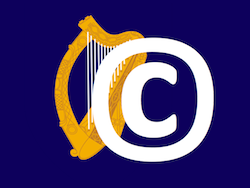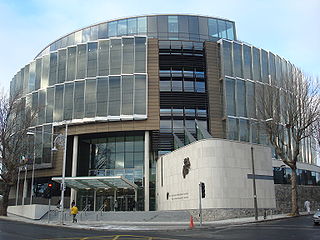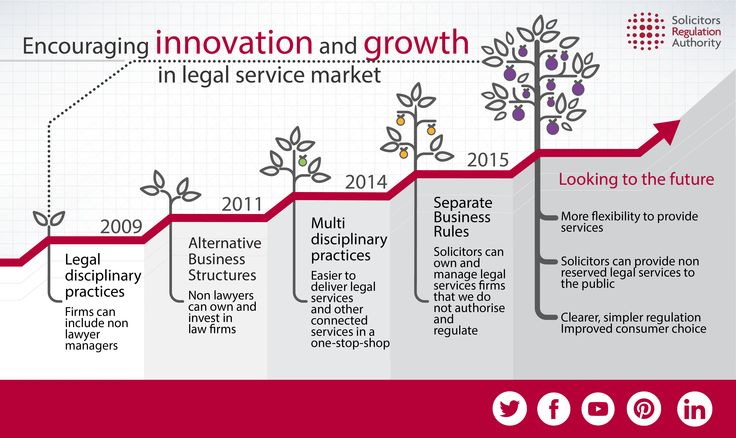Copyright reform gets a welcome Christmas present
 Modernising Copyright, the Report of the Copyright Review Committee [CRC], was published in October 2013. It contained an extensive draft Copyright and Related Rights (Innovation) (Amendment) Bill 2013 to implement its recommendations. Senator Seán Barrett has now introduced a Private Member’s Bill into the Seanad to enact that draft Bill. Entitled the Copyright and Related Rights (Innovation) (Amendment) Bill 2015, leave to introduce it was granted on Wednesday, 2 December 2015; and the Bill itself was published this morning.
Modernising Copyright, the Report of the Copyright Review Committee [CRC], was published in October 2013. It contained an extensive draft Copyright and Related Rights (Innovation) (Amendment) Bill 2013 to implement its recommendations. Senator Seán Barrett has now introduced a Private Member’s Bill into the Seanad to enact that draft Bill. Entitled the Copyright and Related Rights (Innovation) (Amendment) Bill 2015, leave to introduce it was granted on Wednesday, 2 December 2015; and the Bill itself was published this morning.
The text is the same as that of the CRC’s draft Bill, except in four respects. …






/7C3530D4799A0CA580257877005BF52C/$FILE/Whos-who-in-court.gif)